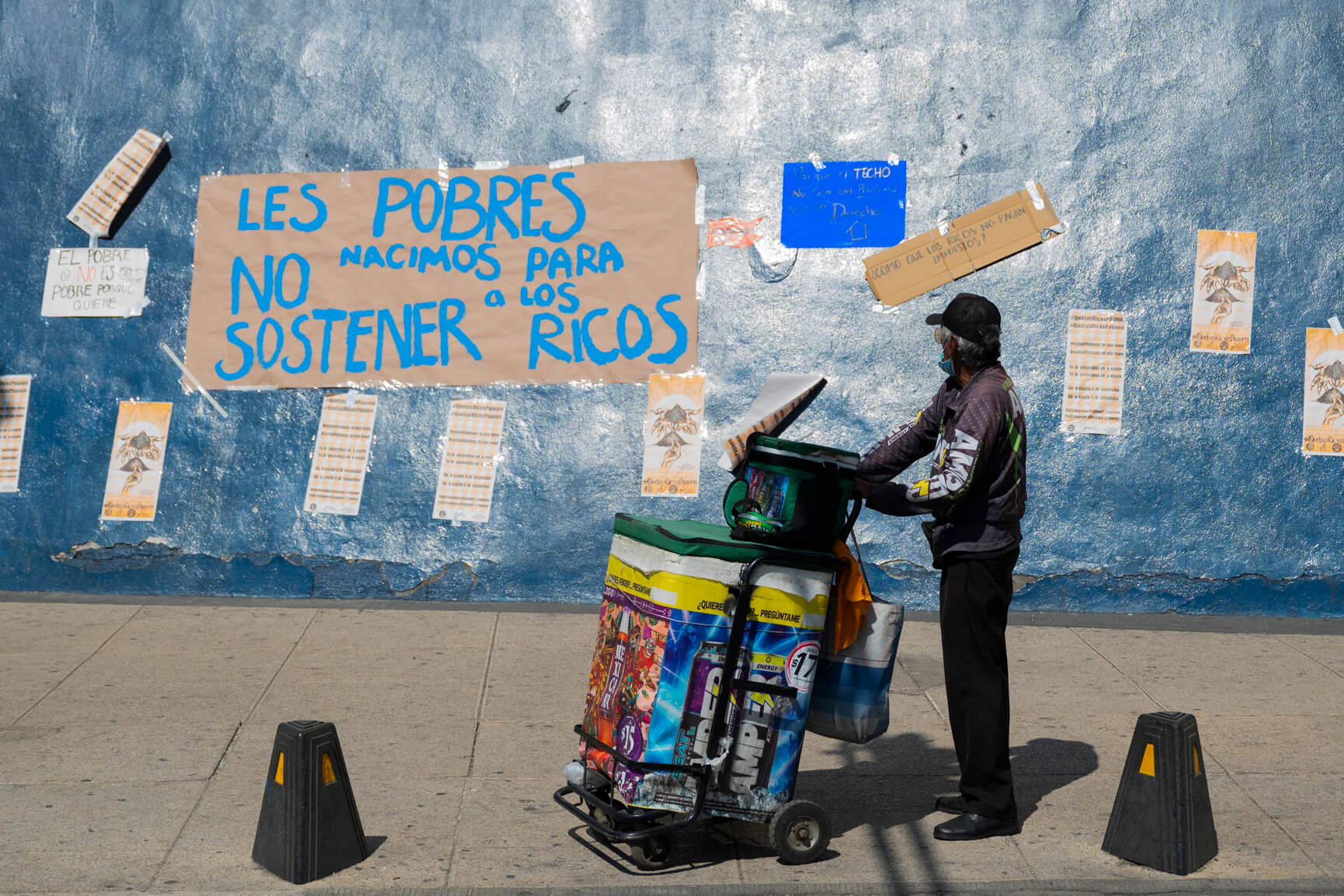Join the fight against inequality
We are building a global grassroots movement creating a more equal future
Join Us.
Join the growing movement to build Peoples’ Alternatives to an economy that serves the richest and has failed the poor. The rich have put everyone's future at risk. It's time to take the wheel. We, the ordinary people, have the answers.
Sign the call to action to remake our broken economies
Across the world, Governments and International Financial Institutions continue to follow an economic model that has consistently failed the many for the last 50 years. Reduced public spending imposed by this model has left devastating impacts on people’s lives as the cost of living rises, public services are underfunded, and debt repayments are prioritised over the rights and needs of the people. It has led us to this point of crisis for people and the planet.
We are a wide range of activists, artists, social movements, unions and civil society organisations mobilising people around the world to claim our stake in remaking our broken economy. We are calling on Governments and International Financial Institutions like the IMF and World Bank to cease the economic model that has been driving the inequality crisis by slashing the taxes on the rich, imposing austerity, underfunding public services and pushing countries into a debt trap.
Join the call to action and participate in pushing forward this agenda together this year.
FAQs
“We the 99” is an urgent call to movements, civil society groups, activists, and communities across the Global South and beyond to unite, build, organise and demonstrate their counterpower. With their collective voices and actions, draw a red line to the 1% to bring about transformative change.
The 1% refers to a small, elite group of wealthiest individuals that benefits from a system built on inequality. They are those who control a disproportionate share of wealth, resources, and political influence.
The G20 (Group of 20) is an international forum of governments and central bank governors of 19 countries, with the European Union and the African Union. Together they account for over 85% of the global GDP. This combined economic weight gives them the potential to shape global financial, trade, development and fiscal policies to address global economic and environmental challenges.
The lead-up to and days of the G20 Summit present a platform for people on the frontlines of inequality to voice demands for a new economic model and an institutional architecture that realigns economic benefits in the interests of people, planet, peace and democracy. Movements and civil society groups will use the opportunity to raise issues and demands. FIA will coordinate collective actions nationally and globally and to amplify demands for a radically different vision for our economies and societies than the current international financial architecture.
There are different ways to be able to be part of the Fight Inequality Alliance:
- Become a member of a national and regional alliance — Please check if there is an existing alliance in your country here. Are you part of a global organization? Please reach out to info@fightinequality.org
- Join our mailing list - Be part of a global grassroots movement creating a more equal future. Sign up to join our receive updates and invitation to our various campaigns. [ADD LINK]
- Donate to stand with the 99% - Fight Inequality Alliance brings together communities, activists and movements across the globe to challenge the 1% and build a more just and equal world. Your donation fuels grassroots resistance and powers real change.
Fight Inequality Alliance’s Global Assembly is held on November 17 to 18 in Johannesburg, South Africa. It is an iconic gathering to continue growing the global movement to fight inequality, bringing together leading voices, organisations, and community leaders from around the world standing in the frontlines of inequality. You can join us in person or you can join us virtually. To know more, please see details of the global assembly here
Fight Inequality Alliance and many of our allies have been pushing this agenda nationally and globally for several years, achieving some progress. The demand to Tax The Rich is part of the Peoples’ Alternatives mission.
At the core of a new economic system must be a redistribution of wealth from the richest to the poorest globally, and within our societies. People are demanding universal public services, for women’s unpaid care work to be rewarded and redistributed, and for those most responsible for climate change to pay for the action needed to reverse its effects. The richest individuals and companies in our societies must pay their fair share as part of how power and wealth must be redistributed in our societies and globally.
